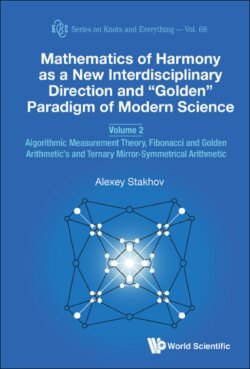Читать книгу Mathematics of Harmony as a New Interdisciplinary Direction and “Golden” Paradigm of Modern Science - Alexey Stakhov - Страница 15
На сайте Литреса книга снята с продажи.
1.4.2. Criticism of Cantor’s theory of sets in 19th and early 20th centuries
ОглавлениеCantor’s theory of infinite sets caused a storm of protests already in the 19th century. The detailed analysis of the criticism of this theory was given in Chapter IX “Paradise Barred: A New Crisis of Reason” of the remarkable book by the American historian of mathematics Morris Kline Mathematics. Loss of Certainty [101].
Many famous mathematicians of the 19th century spoke out sharply negatively about this theory. Leonid Kronecker (1823–1891), who had a personal dislike to Cantor, called him a charlatan. Henri Poincaré (1854–1912) called Cantor’s theory of the infinite sets the serious illness and considered it as a kind of mathematical pathology. In 1908, he declared as follows:
“The coming generations will regard the theory of sets as the disease, from which they have recovered.”
Unfortunately, Cantor’s theory had not only opponents but also supporters among famous scientists and thinkers. Russell called Cantor one of the great thinkers of the 19th century. In 1910, Russell wrote: “Solving problems that have long enveloped mystery in mathematical infinity is probably the greatest achievement that our age should be proud of.” In his speech at the First International Congress of Mathematicians in Zurich (1897), the famous mathematician Hadamard (1865–1963) emphasized that the main attractive feature of Cantor’s infinite set theory is that for the first time in mathematical history, the classification of the sets, based on the concept of the cardinal number, was given. In his opinion, the amazing mathematical results, which follow from Cantor’s set theory, should inspire mathematicians to new discoveries. Thus, in Hadamard’s speech, Cantor’s theory of infinite sets was elevated to the level of the main mathematical theory, which can become the foundation of mathematics.
